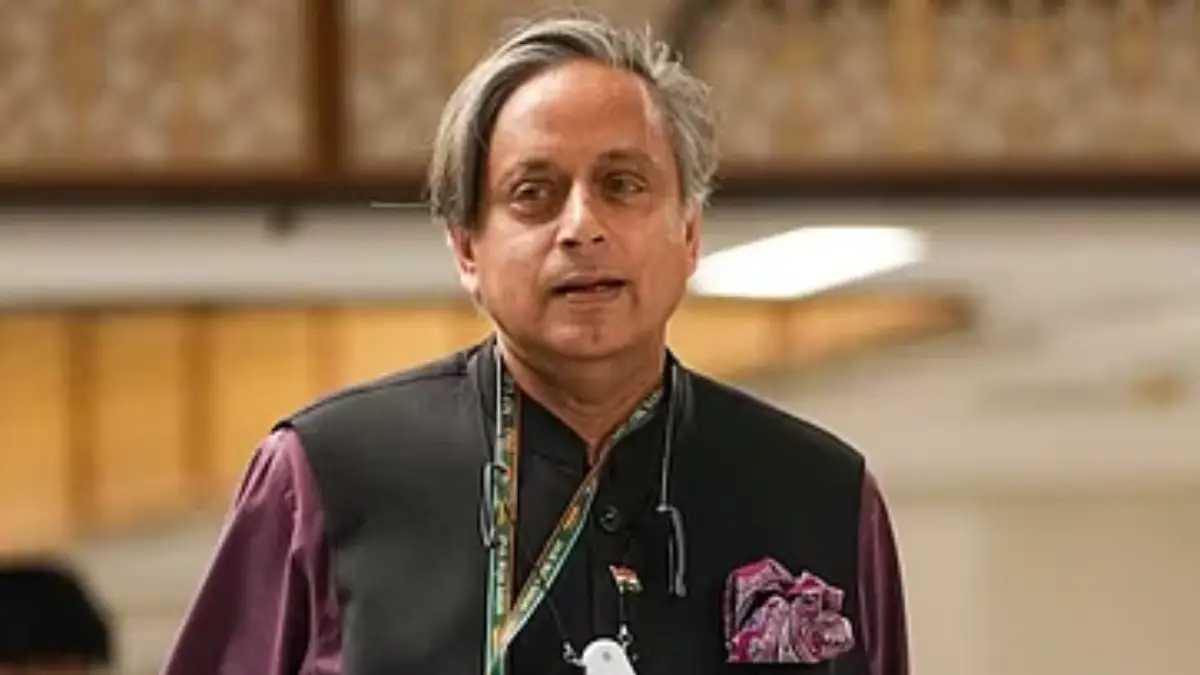New Delhi : The government is considering extending the tenure of parliamentary standing committees from the current one year to two years, according to sources. The proposal has particular political significance for Congress MP Shashi Tharoor, who currently chairs the external affairs committee. With an extension, he could retain his position for another two years despite recent differences with his party.
These committees play a crucial role in examining proposed legislation, reviewing government policies and scrutinising budget allocations. They also hold ministries accountable through inquiries and evidence collection on specific areas of governance. When Parliament is not in session, standing committees often function as “mini-parliaments”, enabling MPs to conduct detailed policy and legislative oversight without waiting for full parliamentary sittings.
Currently, these committees are reconstituted every year. However, several MPs, including members of the opposition, have urged the government to extend their term to at least two years, arguing that a single year is insufficient for conducting comprehensive, in-depth studies of assigned subjects. While changes in committee chairs are unlikely, the tenure of newly appointed members may be doubled, allowing committees to work with greater continuity and focus on legislative and policy matters.
Samajwadi Party leader Ram Gopal Yadav, is set to retire in November 2026. Bhuvaneshwar Kalita, BJP MP from Assam, retires in April 2026. He chairs the panel for science and technology. Former director general of police from Uttar Pradesh and BJP MP Brij Lal chairs the committee for law and justice, with his term as a Rajya Sabha member ending in November 2026.
In India, these committees play a crucial role in examining legislation and government policies, reviewing budget proposals, and ensuring accountability of ministries by conducting inquiries and collecting evidence on specific areas of governance. In the absence of a session, parliamentary committees are seen as mini-parliaments themselves.
Read Also : ‘Factually Incorrect, Baseless’: India Rejects NATO Chife Remarks on Modi-Putin Phone Call
